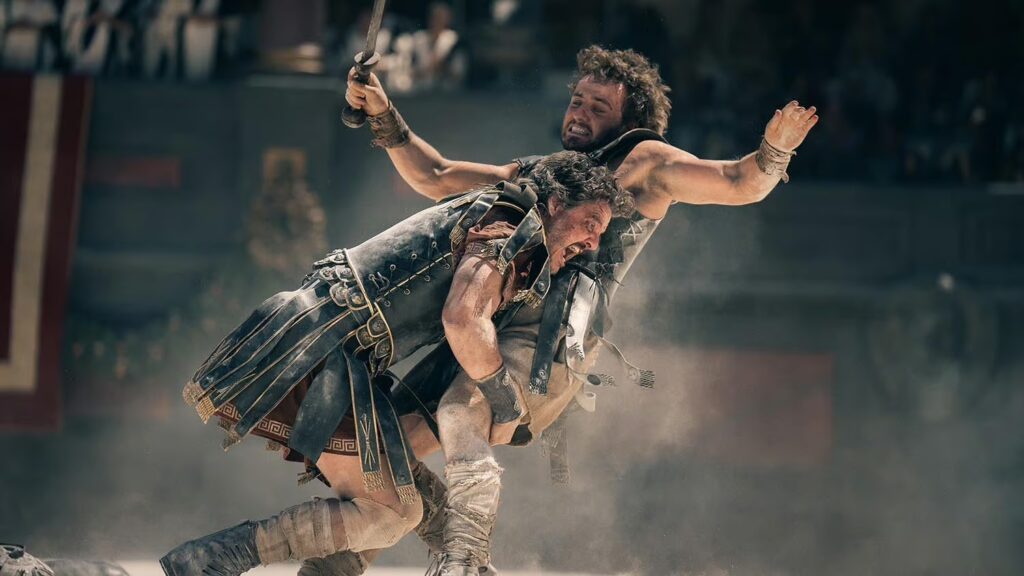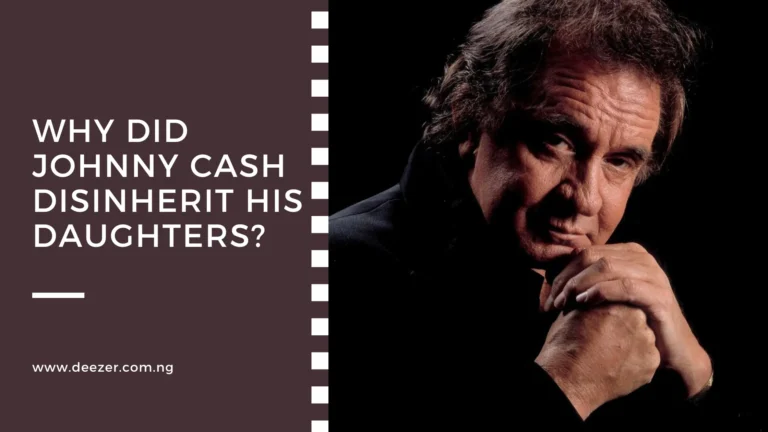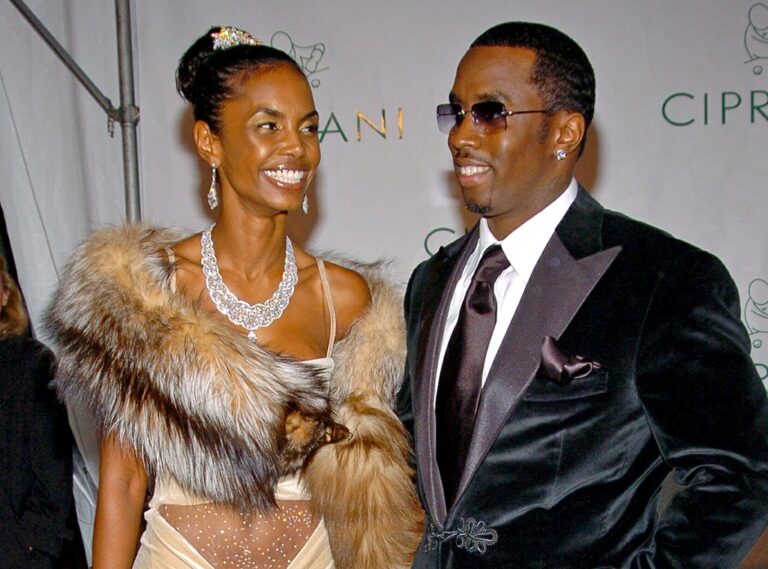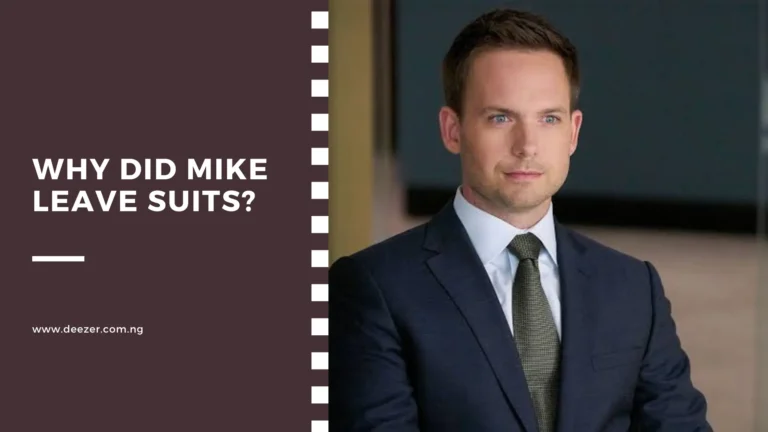Gladiator II Shocks Audiences: Why It Will Leave You Breathless
Ridley Scott’s Gladiator II reignites the epic spectacle of Ancient Rome, delivering a sequel that feels both grandiose and refreshingly bold. Set 16 years after the events of the original, the film focuses on Lucius (Paul Mescal), the now-grown nephew of Lucilla, as he embarks on a harrowing journey from enslavement to gladiatorial glory. The story kicks off with Lucius’s quiet life in Numidia shattered by a Roman invasion led by General Marcus Acacius (Pedro Pascal), setting the stage for a revenge-fueled odyssey.
Mescal steps into the protagonist’s shoes with finesse, bringing depth and vulnerability to a character navigating brutal combat and personal loss. While his rise to fame in the Colosseum echoes Maximus’s journey, the script offers fresh stakes, including innovative battle sequences like a water-filled arena scene that’s as thrilling as it is visually stunning.

Denzel Washington, as Macrinus, a former slave turned gladiator master, is the film’s standout. His charismatic and enigmatic portrayal blurs the line between ally and manipulator, delivering moments of pure tension and unexpected humor. Meanwhile, the twin emperors Geta (Joseph Quinn) and Caracalla (Fred Hechinger) inject chaotic energy into the narrative, their pet monkey adding a quirky yet unsettling touch to Rome’s decadence.
Despite its visual brilliance and stellar performances, Gladiator II stumbles in pacing. Its two-and-a-half-hour runtime feels rushed at key emotional beats, occasionally sacrificing depth for spectacle. However, it compensates with a fearless embrace of its baroque style, making it an engaging, if slightly disjointed, continuation of the original’s legacy.
In summary, Gladiator II may not fully capture the gravitas of its predecessor, but it shines as a daring and entertaining epic. It’s a testament to Ridley Scott’s enduring vision and a thrilling reminder of why sword-and-sandal dramas remain timeless.
ALSO SEE:






